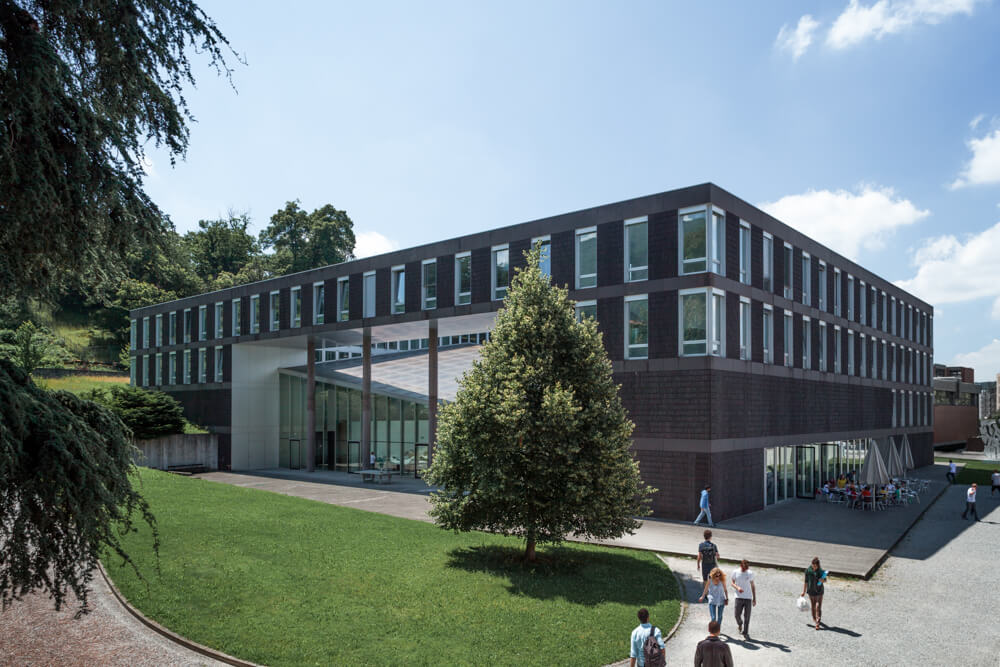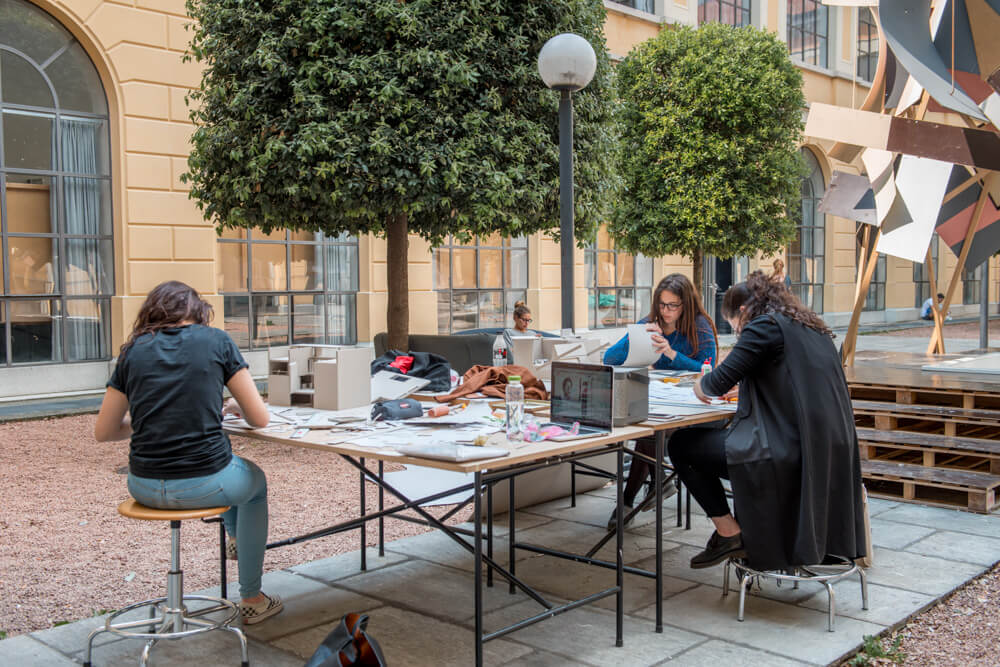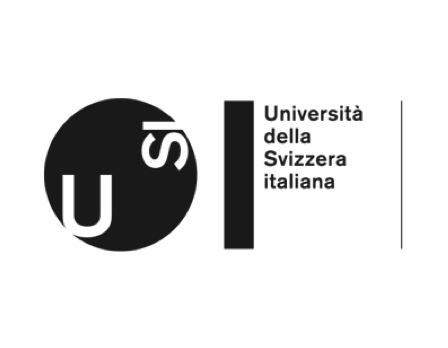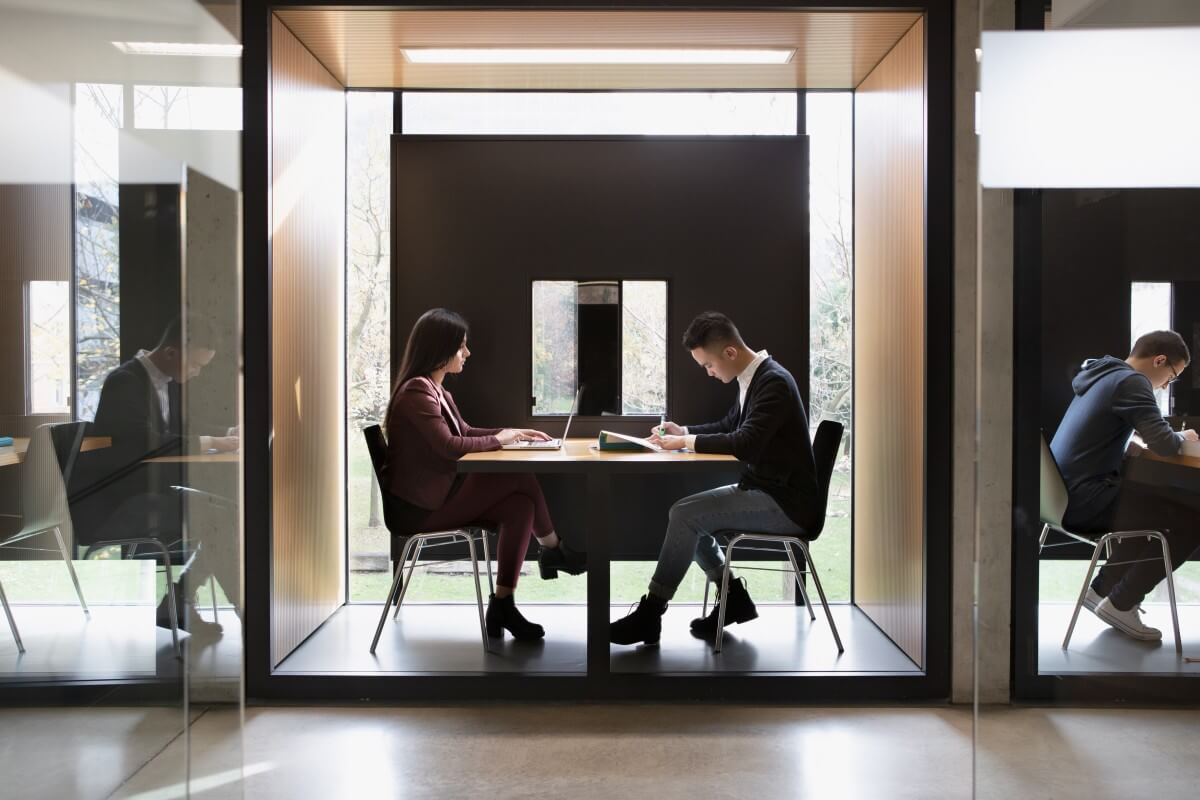Preserving the traditional economy of Bali. Limiting the number of souvenir shops and rowdy bars in Amsterdam. Saving the area around the La Sagrada Familia from commercialisation. Addressing the community impact, both social and economic, of having thousands of visitors at Machu Picchu — going sustainable means more than just going green.
Sustainability is more than just a trendy catchphrase hotels, tours and programmes are throwing about. It’s more than just switching the Eiffel Tower and the Empire State Building’s lights off for an hour each year for Earth Hour. Or reducing the carbon footprint of air travel. Sustainable tourism demands so much more than the above.
It is “tourism that takes full account of its current and future economic, social and environmental impacts, addressing the needs of visitors, the industry, the environment and host communities,” as defined by the United Nations. It is the blueprint for the future of international tourism.
With a Master in International Tourism at the Università della Svizzera italiana (USI), you will be able to understand the intricacies and rapid changes of international tourism today. And it’s not just limited to sustainability. Here, in Lugano, Switzerland, you will learn from renowned faculty members on the who, what, why, how, when and where of what international tourism was, is and will be. This includes tackling the relationship between sustainability, tourism and their impact on society; mastering critical thinking skills; and understanding the perspectives of tourists, residents, and service providers.
“The diverse backgrounds; diverse cultures; as well as interaction and collaboration among students in class projects, capstone projects and an internship at the end of the programme allow them to develop an original set of knowledge that they can apply in the real world,” says programme director Rico Maggi.
The USI Master in International Tourism is a multidisciplinary degree offered by the Faculty of Economics and the Faculty of Communication, Culture and Society. It grants two Minor titles — eTourism and Sustainable Management — and is entirely taught in English.
Maggi represents the calibre of faculty members teaching and directing this master’s programme. He is the former president of the Swiss Association for Transport Research (SVWG); a member of the board of the Swiss National Science Foundation (SNF) and of the Marcel Benoist’s Foundation; and author of many articles published in international academic journals.
Such professors serve as inspiring and enlightening figures to students. “During my studies, I particularly appreciated the international and multicultural set-up of my class, its small size, as well as the close relationships between professors and students. Studying the Master in International Tourism at USI has opened up a lot of new opportunities for me, and it has helped me to grow both personally and professionally,” says graduate Theresa Schieder.
This positive post-graduation career trajectory is apparent in the success story of USI graduate Karin Althaus. She is now the Field Marketing Manager DACH (Germany, Austria, Switzerland) for Sonatype. Prior to this role, she worked for Cvent — a software-as-a-service (SaaS) company that specialises in meetings, events, and hospitality management technology — for almost five years, working her way up from International Business Development Associate — Event Solutions to Marketing Lead.
She attributes her career progression to the connections and experiences gained during her time at the university. “I always saw myself more in business travel or the events industry than in leisure. Attending ACTE with our class then allowed me to connect with extremely inspiring and helpful professionals from different parts of the travel and events industry — and even after the conference I kept in touch with them,” she says.
After she graduated, she was referred to open positions in their companies which ultimately led her to interview for a sales position at Cvent. As Cvent’s previous Marketing Lead for the DACH region, she was also responsible for planning and executing marketing campaigns in Germany, Austria, and Switzerland. Her USI experience helped her prepare for this. “Working on group projects with people from all over the world has really helped me develop strong communication skills and the ability to take into account different views, cultures and approaches,” Althaus says.
Students also improve their intercultural communication and business skills, essential for those who work in international contexts, through toolkits of Economics, Communication Sciences, and Management. Want to take part in tourism award competitions? USI provides support. Need help with internships and placements? There is a dedicated Career Service team to help.
Within one year of graduating, 92.9% of USI graduates are employed. Be part of this successful group — contact USI today.
Follow Università della Svizzera Italiana on Facebook, Twitter, Instagram and LinkedIn














